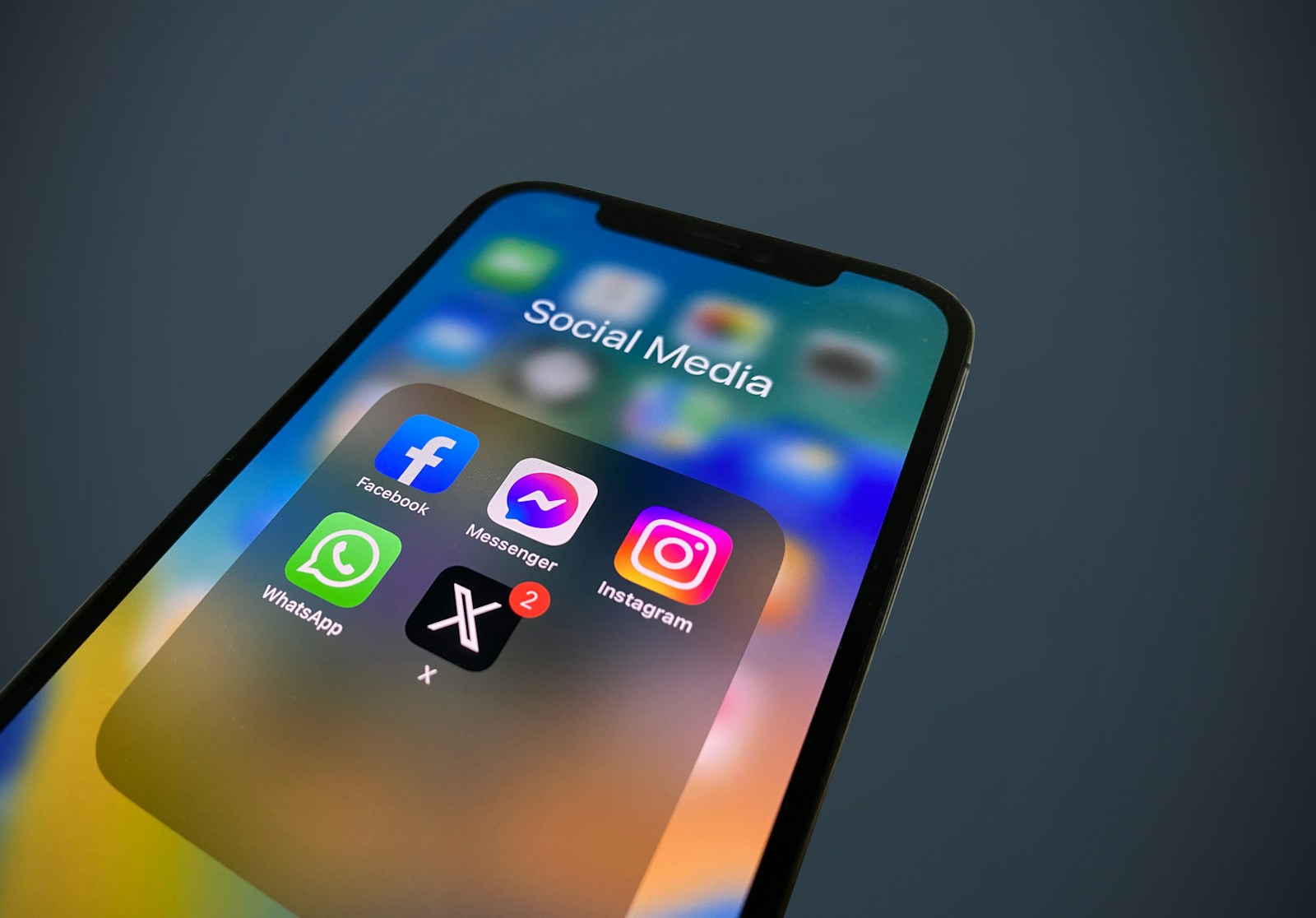HELENA — A first-in-the-nation Montana law targeting child sexual abuse material on digital platforms took effect Tuesday, creating potential financial penalties of up to $5 million for content providers who profit from distributing such material to users in the state.
House Bill 752, authored by Rep. Lukas Schubert, R-Kalispell, allows victims and private citizens to sue content providers through what Schubert calls a “private right of action” enforcement model rather than direct state oversight.
“Content providers liable for penalties include social media companies such as Facebook, Instagram, X etc. if they profit from distributing child sexual abuse material to a person located in Montana,” Schubert said in an email interview. “This could be by generating ad revenue or other methods of revenue generation.”
Law Targets Platforms with Substantial Explicit Content
The legislation applies to content providers that host “a substantial amount” — defined as 30% or more — of sexually explicit visual content that is reasonably accessible in Montana. It also targets providers who generate 50% or more of their income from explicit content and have earned at least $500,000.
The law prohibits these platforms from producing, publishing, distributing or maintaining child sexual abuse material accessible to Montana users. It also bans them from collecting revenue or profits from distributing such material to people physically located in the state.
Content providers have 48 to 96 hours to remove violating material as a defense against penalties, according to the legislation.
Private Lawsuits Drive Enforcement
Unlike traditional state-enforced laws, HB 752 relies entirely on private lawsuits for enforcement.
“The law is enforced through private right of action, so there is no state enforcement, only private lawsuits to claim damages,” Schubert explained.
Victims depicted in child sexual abuse material — or their parents if they are currently under 18 — can file lawsuits seeking damages. If victims don’t pursue legal action, any private citizen can bring a case on their behalf.
For parents whose children encounter prohibited material, “the law allows anyone, though it gives the victim an extra 5 years for the statute of limitations, to sue a content provider who broke the law by profiting from distributing CSAM to someone in Montana,” Schubert said.
Substantial Financial Penalties
The law establishes three tiers of statutory damages based on the level of intent:
- $100,000 for strict violations
- $1 million for negligent or reckless violations
- Up to $5 million for purposeful or knowing violations
Victims can also seek compensatory damages, punitive damages, injunctive relief and attorney fees. The legislation includes a complex damage apportionment system that splits awards between victims, plaintiffs and the state.
Each piece of visual content containing child sexual abuse material constitutes a separate violation under the law.
First-of-Its-Kind Legislation
Schubert said the legislation breaks new legal ground, noting there were no particular models from other states that inspired the bill.
“Not in particular because this is a first in the law,” he said when asked about precedents from other jurisdictions.
However, he expects Montana’s approach to influence policy elsewhere.
“Yes,” Schubert responded when asked if he thinks the model could work nationally.
Exemptions and Protections
The law exempts hosting services, general web browsers, internet service providers, search engines and physical internet infrastructure operators from its requirements.
Content providers cannot be held liable for reporting child sexual abuse material to law enforcement, and such reports cannot be used as evidence in lawsuits under the statute.
The legislation also protects content providers from liability when violations are caused by users uploading prohibited material, and it allows for hyperlinks to third-party websites as long as they don’t appear with visual content.
The legislation passed the Montana House with strong bipartisan support in an 82-16 vote during the 2025 legislative session. Among the 16 lawmakers voting against the measure were 15 Democrats, including transgender legislator Zooey Zephyr, and Republican Ken Walsh.

Comments
One response to “New Montana Law Creates $5 Million Penalties for Child Abuse Material Online”
Zachary Raasch (aka ZZ) is a stain on all that is good in Montana. For him to vote against protecting children shows an unnatural disdain for humanity.